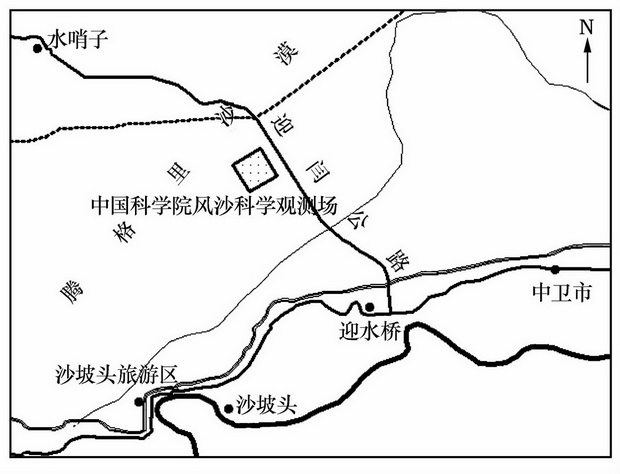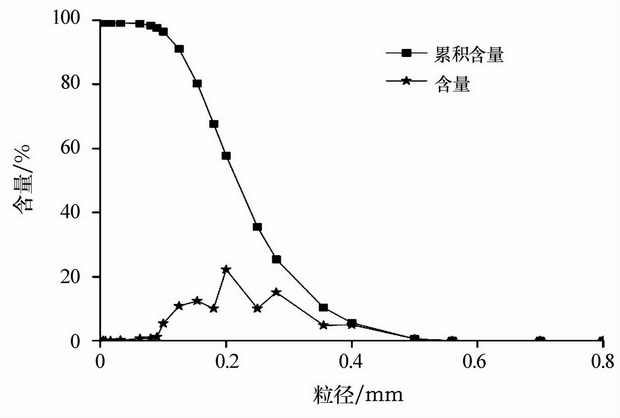Aeolian sediment flux is one of the important issues in aeolian physics, which can provide theory information on aeolian research and aeolian engineering. Because of temporal and spatial change in aeolian sediment process and longtime field observation limitations, there are some dispute in aeolian sediment flux research. Based on longtime field observation data and Akaike information criterion, the best mathematical model of aeolian sediment flux was built. The exponential model q(z)=ae-z/b can be used to express aeolian sediment flux, the coefficient a was between 0 and 600, but mostly distributed between 0 and 100, occupied about 64.40% of total frequency, and then between 100 and 150, occupied about 18.24% of total frequency. The coefficient b was between 0 and 0.06, but mostly distributed between 0.015 and 0.035, occupied about 91.21% of total frequency. The average saltation height was the same as coefficient b. Aeolian sediment transported mostly at height of 0-20 cm, and the opportunity of erosion to surface and deposition over surface was almost equal.
This project was co-funded by the National Natural Science Foundation of China (41101007, 41130533, 41171010); and the International S&T Cooperation Program of China (2011DFA11780).

Location of the studied region

Sand particle size distribution in the plainly shifting sand dune surface

